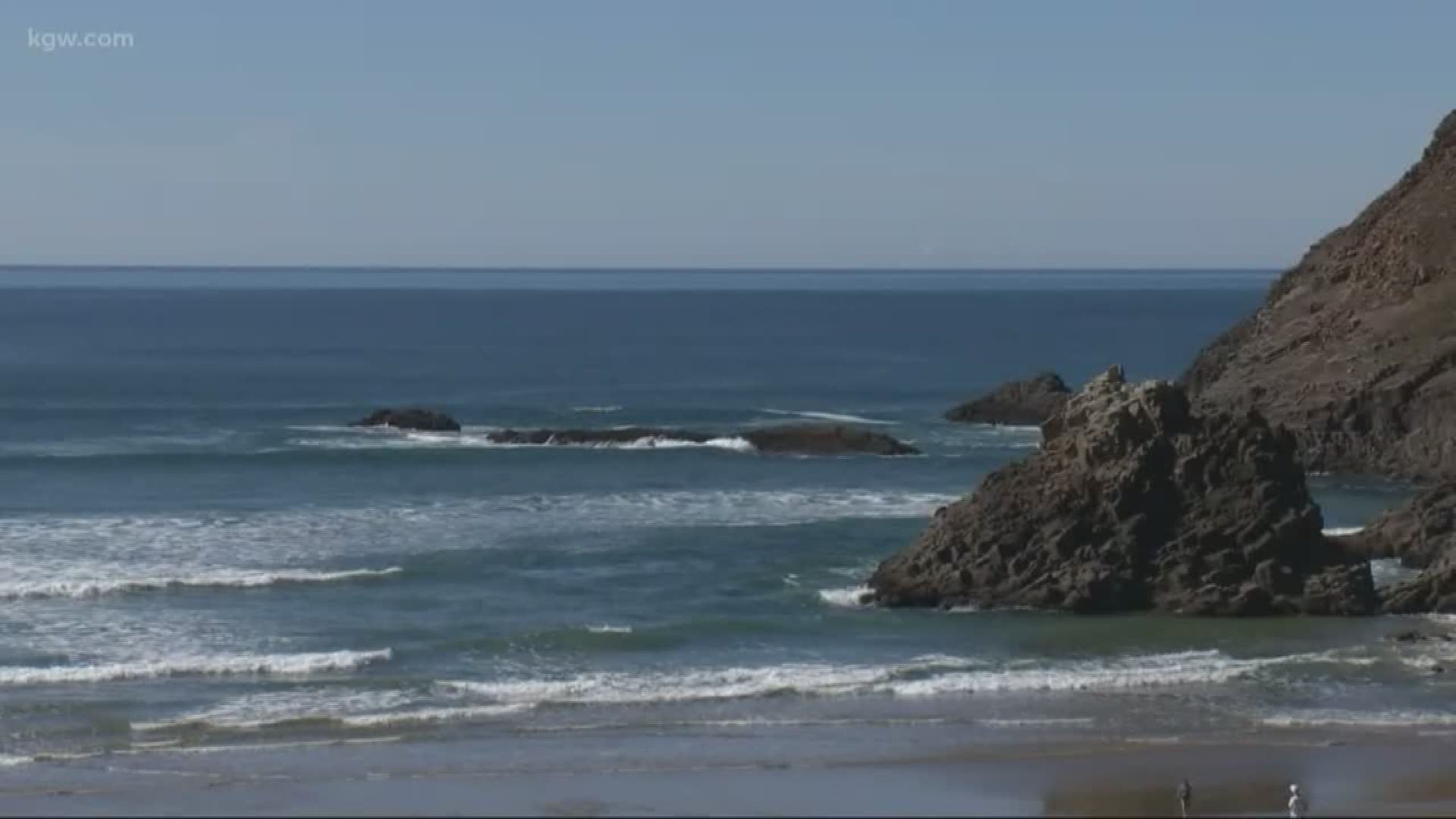The Arctic is warming twice as fast as the rest of the world. That’s according to the National Oceanic and Atmospheric Administration’s (NOAA) latest research report card.
The effects are already being felt locally along the Oregon Coast.
Scientists at the Hatfield Marine Science Center in Newport are studying the impacts of warmer ocean conditions in the Arctic. Inside temperature-controlled rooms are tanks full of subzero seawater. In the tank are Arctic cod.
NOAA researchers are studying the fish to see how they respond to changing ocean conditions.
The fish are a critical part of the ecological food chain in the Arctic. In other words, they are a major food source for all marine mammals in the arctic, such as whales, seals, and seabirds.
What the scientists have discovered is that when there is even a slight change in water temperature, the fish don't survive. And if the cod don't survive, the worry is neither will many other creatures in the Arctic.
“That’s why we’re trying to focus on this fish system in particular because it’s sort of a bellwether into how the Arctic will respond to climate change,” said Ben Laurel with NOAA Alaska Fisheries Science Center.
The researchers say warmer ocean conditions are also taking a toll on Pacific cod, which a lot of Oregon and Washington fishing families rely on to make a living.
The experts say cod stocks this year were down to about 80 percent of what they had been recently. That’s a huge reduction, which means there will likely be new restrictions on Pacific cod fishing.
The NOAA study also found warmer ocean conditions led to more algae blooms in the Arctic, which is something that’s been seen off the Oregon Coast. Those blooms often lead to low oxygen areas of the ocean, also known as dead zones.

